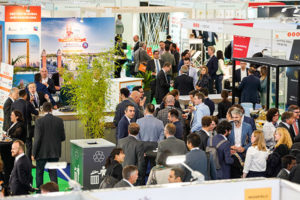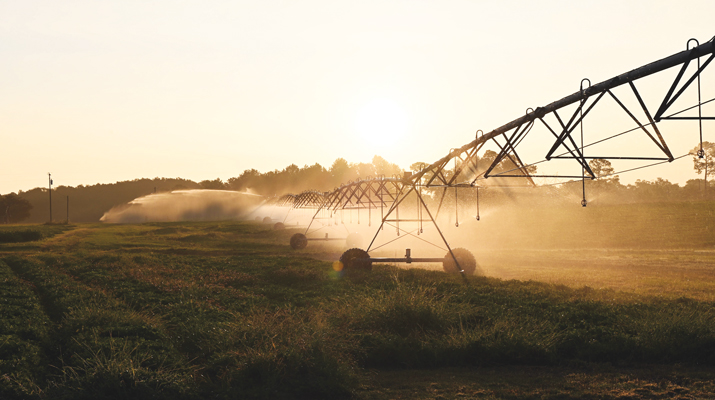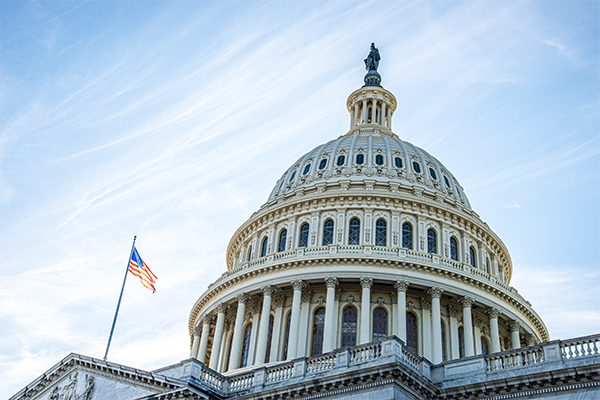2019 World LPG Forum produces industry ‘firsts’
More than 2,000 attendees from 108 countries assembled in Amsterdam for the 32nd World LPG Forum and 2019 European LPG Congress, prepared to discuss the theme, “Energy in Transition.” Sessions focused on the immediate impact propane can have in today’s energy mix amid a transition toward decarbonization.

Amsterdam hosted the World LPG Forum and European LPG Congress this year. In 2020, LPG Week and the forum move to Dubai, and the Congress moves to Barcelona. Photo courtesy of WLPGA
A roundtable based on this theme addressed how carbon taxes and mandatory bans in California necessitate open discussions about the environmental impact of various energy sources’ full supply chains and innovations that integrate propane with other technologies.
Sessions titled “Supply in Transition” and “Demand in Transition” explored shifting market fundamentals, from the possibility of using propane as a bunker fuel to autogas. Attendees could also join sessions about LPG in the digital world, the importance of effective communications campaigns and decarbonization.
Year of ‘firsts’
The forum produced a few “firsts” this year, including the launch of LPG Week, which unites several summits, meetings and events – including World LPG Association (WLPGA) internal meetings, the Global Technology Conference (GTC), LPG4Dev, Autogas Day and the World LPG Forum itself – under one umbrella.
The inaugural international Autogas Day brought together 170 participants and 15 speakers to discuss global market trends, technology developments, OEM views on autogas, local success stories and ways to increase autogas’ market share. Here are some of the day’s highlights and conclusions:
- The single most important measure for autogas market development is a lower tax on the fuel.
- Affordability for the customer is key.
- There is room to improve LPG efficiency and autogas technology.
- Disincentives for diesel and complementary applications with electrification can help secure market share.
- Policymakers need a technology-neutral approach.
- External communication on the value of autogas now – and renewable propane in the future – is essential.
The first World LPG Challenge asked start-ups to create new safety and training solutions for the propane industry. U.S.-based Propane Safety App was a finalist in the competition, but German augmented-reality company Augmentaio earned the top prize.
Awards season
At the GTC, five companies won the GTC2019 award for their contributions to technological innovation in the LPG industry. U.S.-based PlasMerica was the overall winner and winner of the sustainable development category for its work with renewable propane. The company’s paper “Sustainable, Renewable Propane Through Energy Transformation” describes how its proprietary technology converts methane from a greenhouse gas into renewable LPG.
The other award winners were France-based Ineris in the safety category, as well as Houston-based Aggreko, Norway-based Smart Cylinders and Indiana-based Cummins for their work on modular power generation, internet of things technology and an LPG direct injection engine for medium-duty trucks, respectively.
The Women in LPG Global Network (WINLPG) presented their Woman of the Year and Young Woman of the Year awards. Pam Indurjeeth, CEO of Oryx Energy South Africa, received the Woman of the Year award. Priyanka Shaw earned the Young Woman of the Year award. Stephanie Hennen, trade show coordinator for Michigan-based Marshall Excelsior Co., was a runner-up in the young woman category.
















